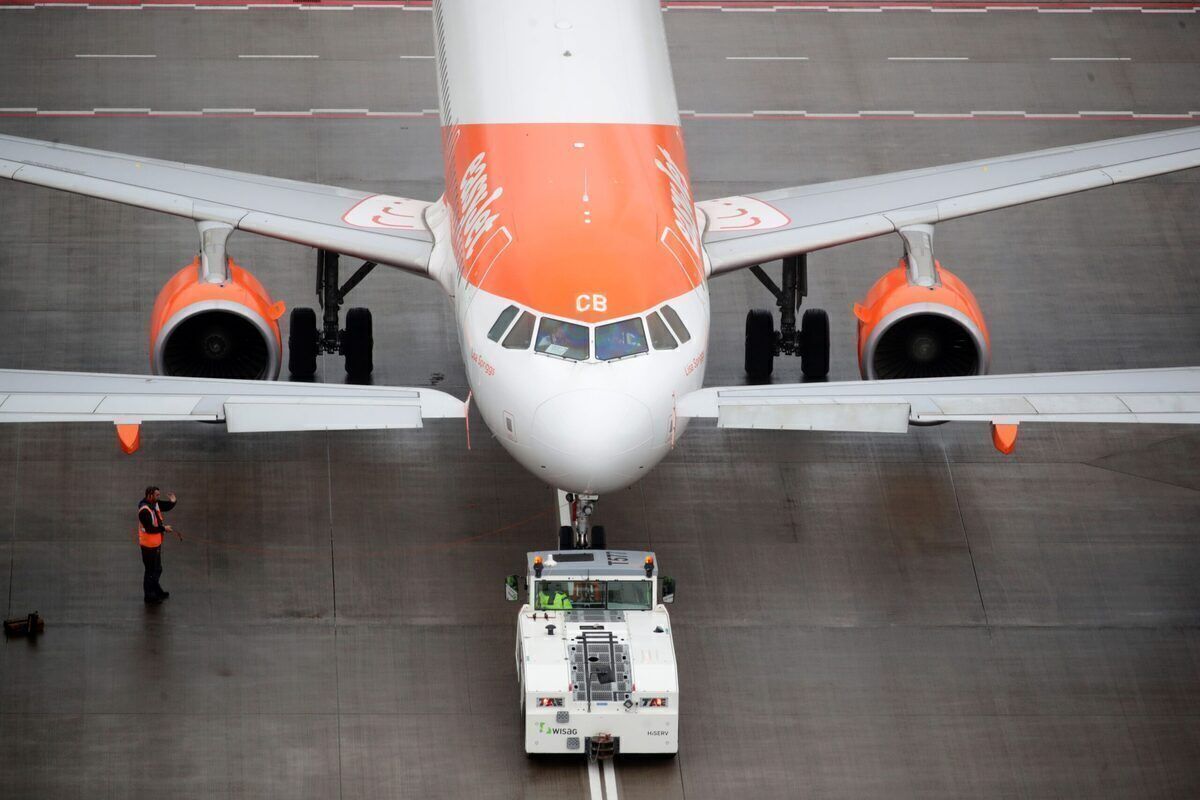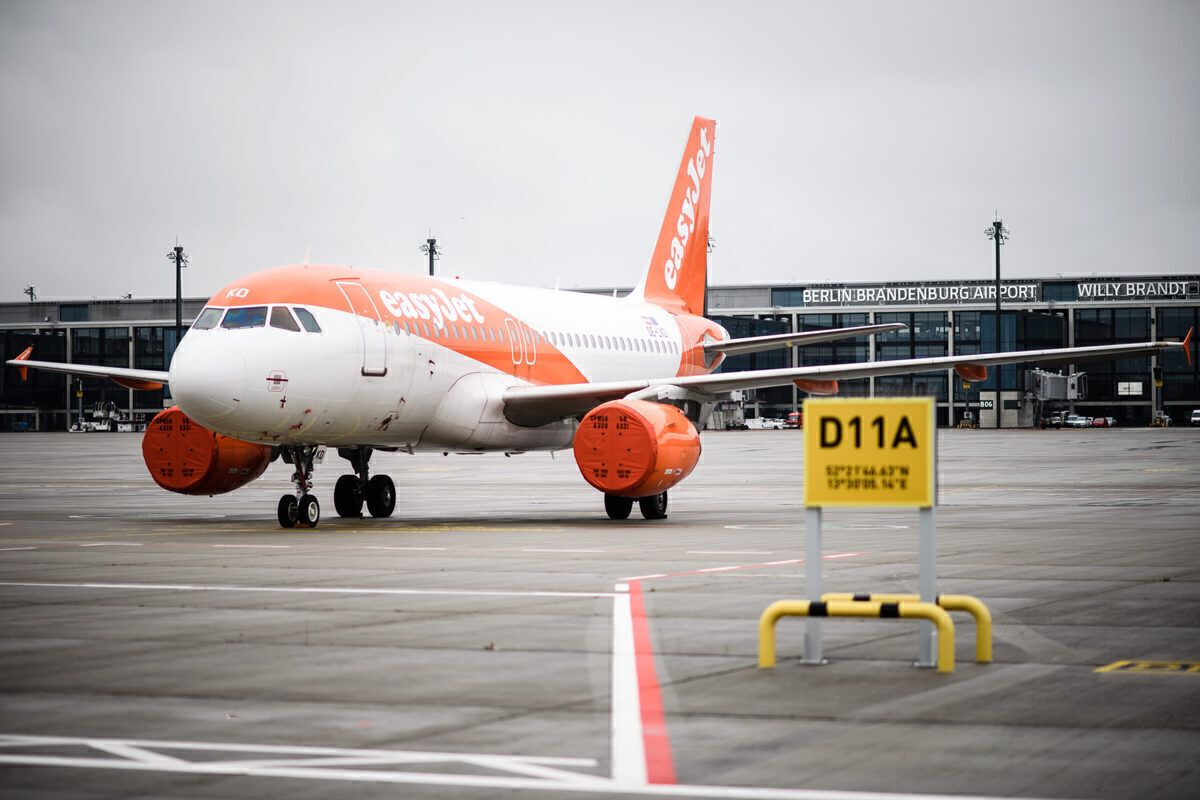easyJet is ready to operate 90% of its fleet this summer should the demand arise. The European low-cost carrier revealed the news alongside its first-half results. As part of its results, the airline announced a £701 million ($990 million) loss for the six months to March 31st, 2021.
The past six months have been tough for most airlines in Europe. A second and third wave of COVID-19 across the continent led to strict travel restrictions and national lockdowns in many countries. This was especially true of the UK, which banned all non-essential travel, threatening fines of up to £5,000.
Preparing for the summer
Despite the doom and gloom of the year for aviation so far, things are finally starting to look up. Borders are reopening, with countries gradually walking down travel restrictions. Germany, for instance, now allows quarantine-free travel from over 100 countries. Meanwhile, England now offers quarantine-free travel from 12 origins.
Should demand for travel return, low-cost carrier easyJet is ready. Today, the airline revealed that it would be able to operate up to 90% of its fleet during the peak summer period if necessary. Of course, given the restrictions of the UK green list, as things currently stand, this seems unlikely.
According to fleet data from ch-aviation.com, the easyJet group currently has 326 aircraft across its three subsidiaries. Of these, 142 (44%) are listed as active, while the remaining 184 aircraft are listed as stored.
Stay informed: Sign up for our daily and weekly aviation news digests.
Dominating the green list
easyJet is making good use of the opportunities presented by the UK government's green list. According to the airline's CEO, Johan Lundgren, the airline is the largest UK operator flying to green list countries, which are currently few and far between.
It seems that the airline is also keen to fly passengers to amber destinations. Official government advice is not to travel to such destinations. According to the BBC, Lundgren finds this guidance confusing, reminding passengers that it is not illegal to travel to such destinations.
Travelers arriving back in the UK from such countries will need to quarantine for at least five days and pay for multiple PCR tests. Unfortunately, such requirements make amber destinations unattractive for many travelers.
Commenting, Lundgren said,
"We are the largest operator to Green list countries... We are ready to significantly ramp up our flying for the summer with a view to maximising the opportunities we see in Europe. We have the ability to flex up quickly to operate 90% of our current fleet over the peak summer period to match demand."
Some numbers
Of course, we couldn't report on easyJet's half-year results without talking about some numbers. From October to March, the airline posted a pre-tax loss of £701 million. This was partly due to a significant reduction in revenue. Across the six months, the airline carried just 4.1 million passengers. On average, it carried more passengers per month the year before. As such, passenger revenue dropped by 91% to £170 million ($240 million).
Interestingly, the airline broke down how revenue per seat has been affected by recent events. Year on year, it decreased by £36.93 ($52.11). Only £15.05 ($21.23) of this was due to the pandemic. The remainder was made up of a surge caused, in part, by the collapse of Thomas Cook impacting the previous year, a drop in ancillary revenue, and foreign exchange rate fluctuations.
Do you think that easyJet will get close to flying 90% of its fleet this summer? Let us know what you think and why in the comments below!



